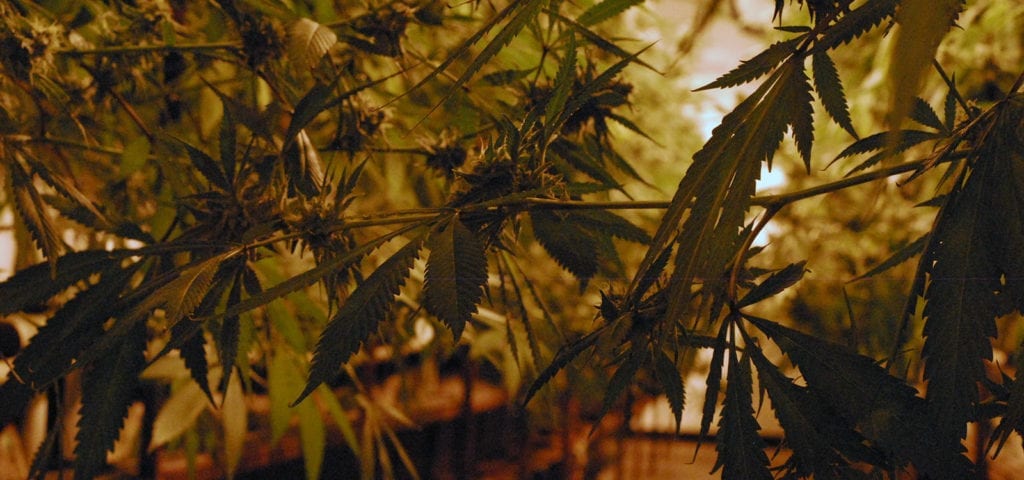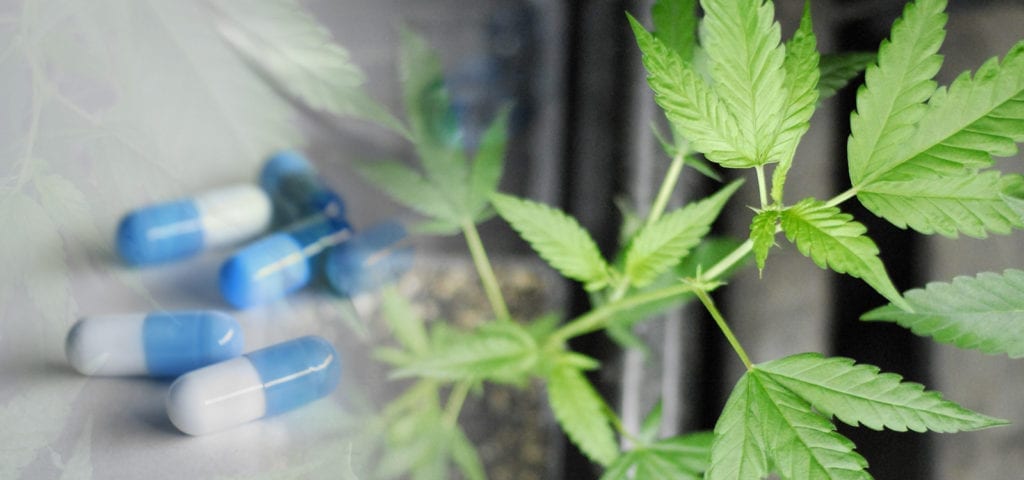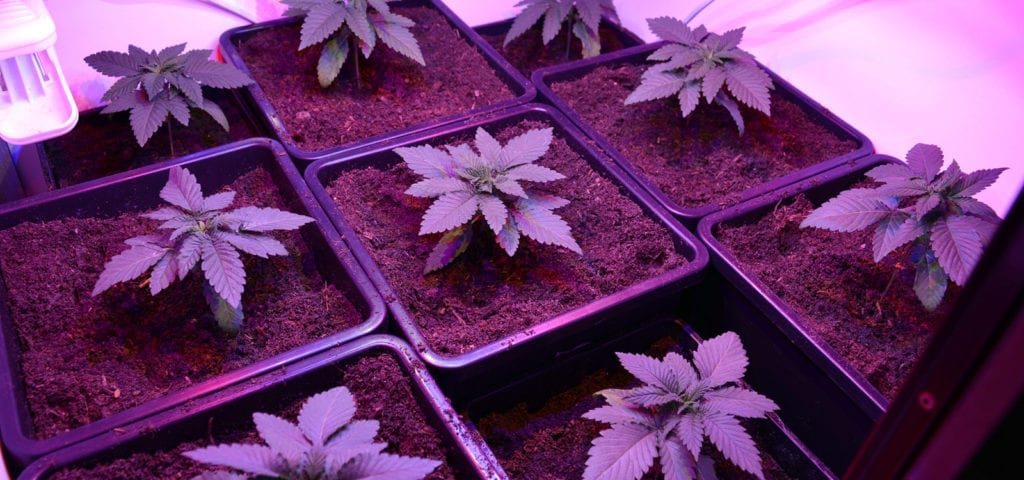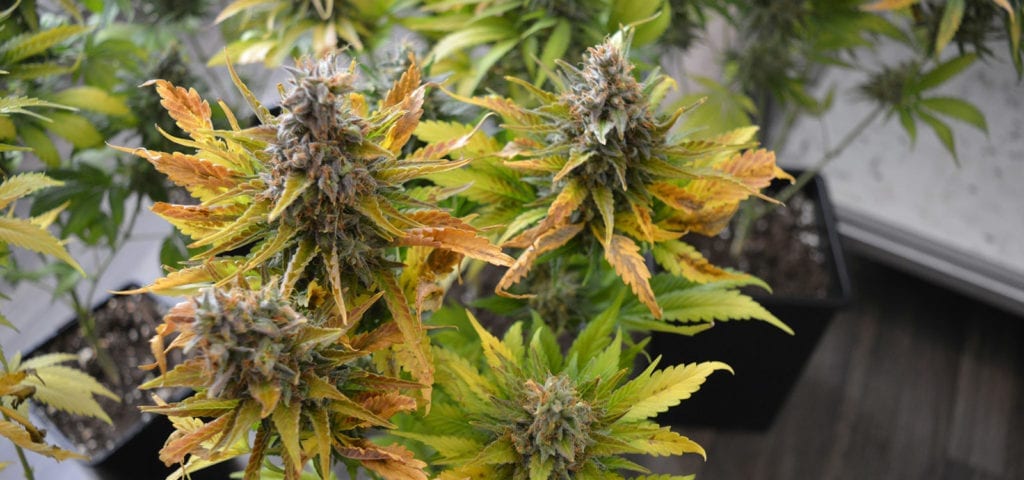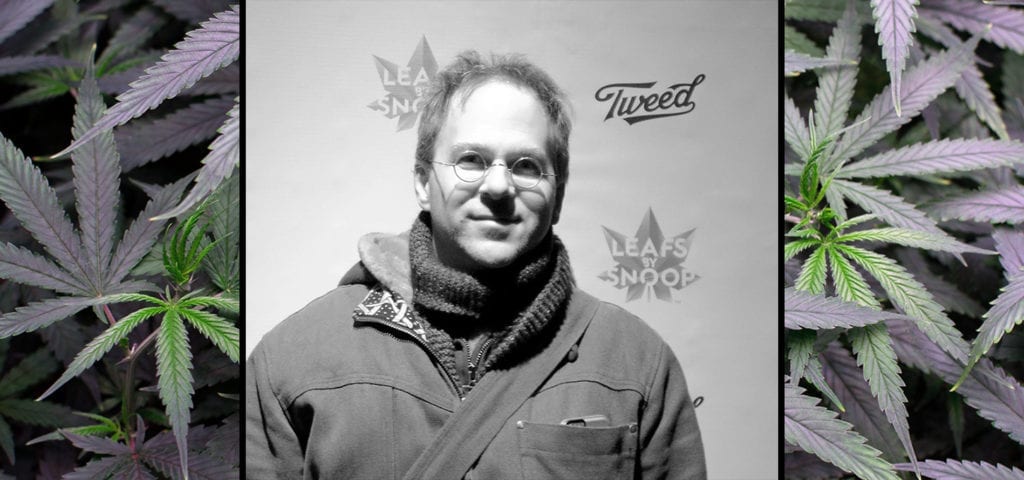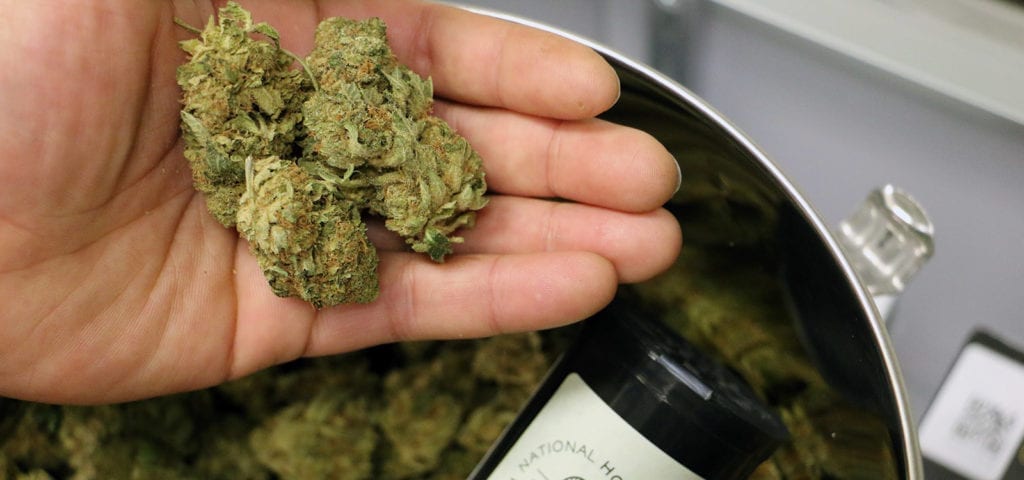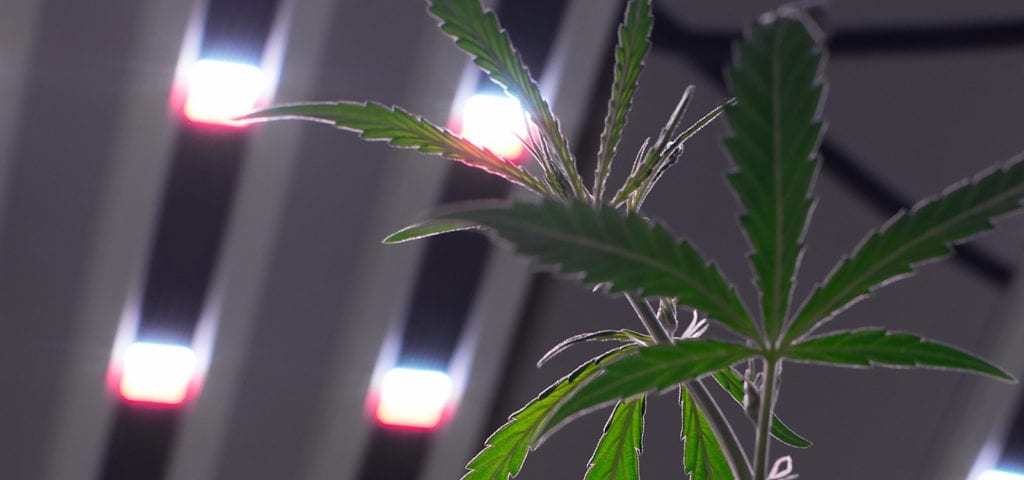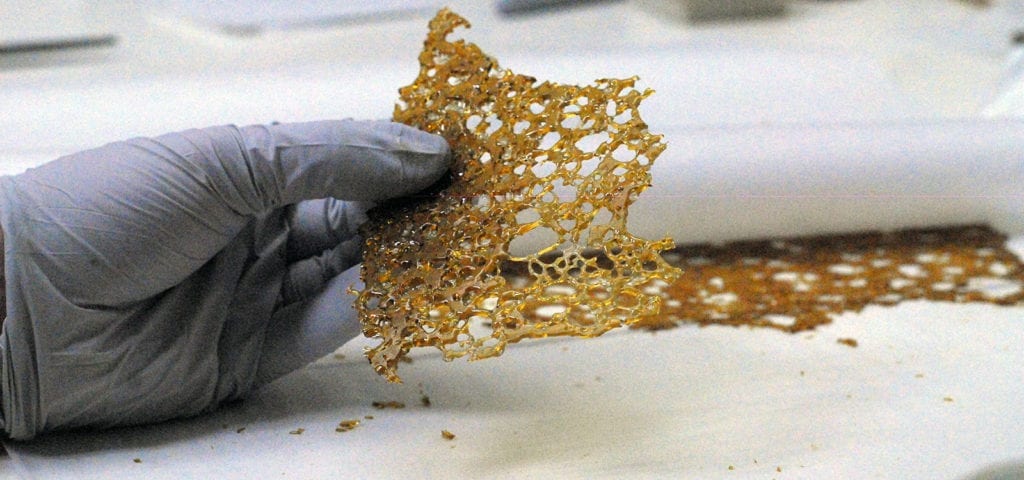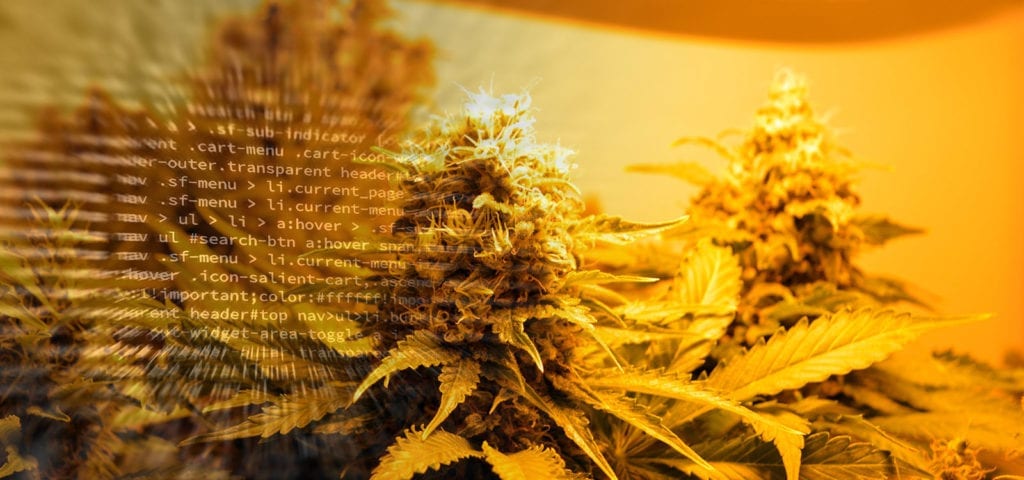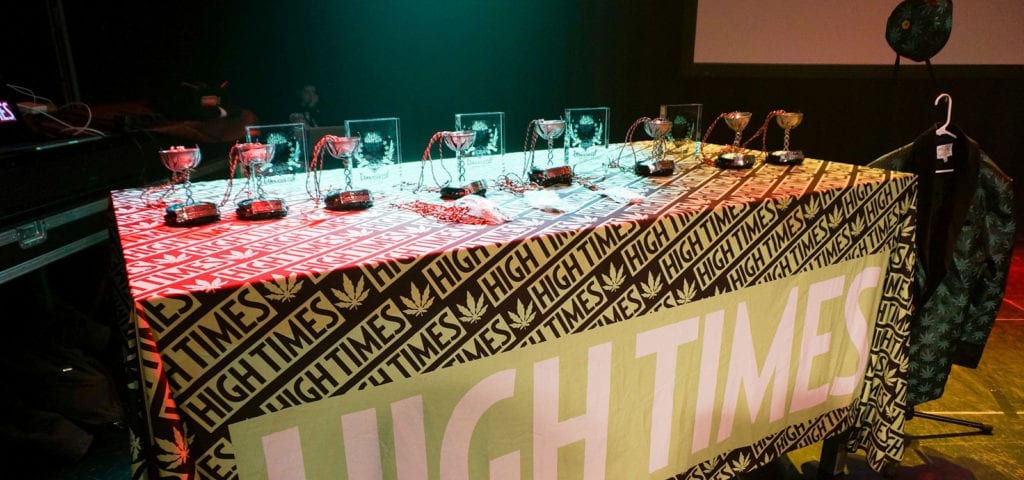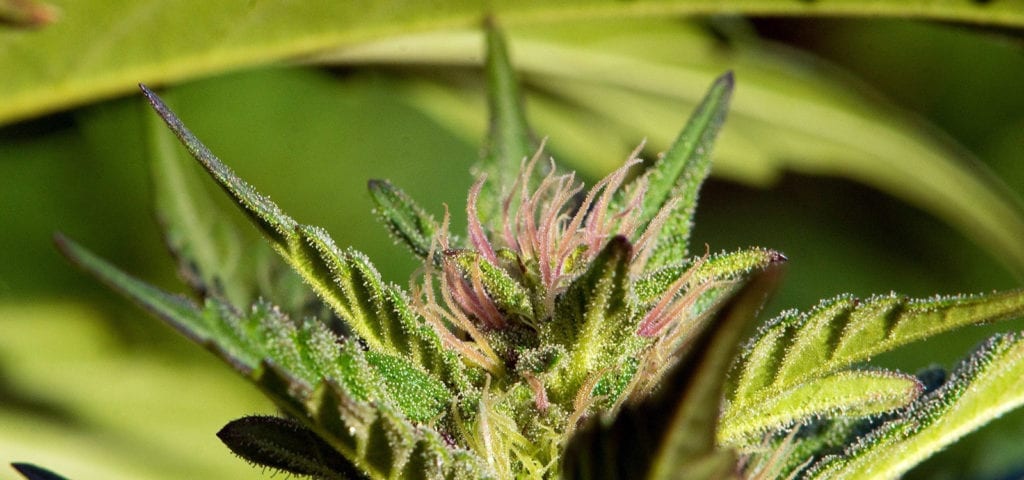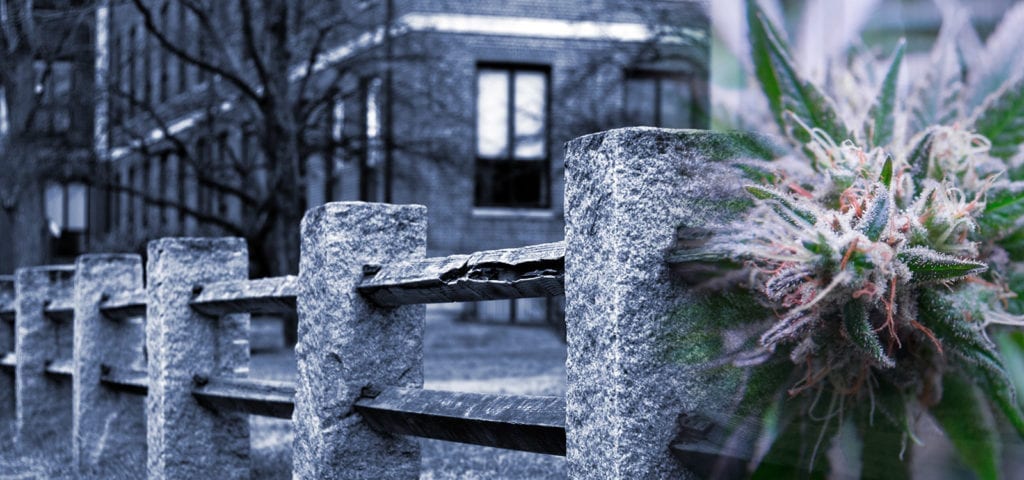Ezra Soiferman is a Montreal-based professional photographer, documentary filmmaker, and has been the official artist-in-residence for Tweed — one of the largest cannabis brands on the planet — for almost one year. Ganjapreneur has also just learned that Ezra and Tweed are now talking about extending the residency past its originally planned early-July end date and discussing other projects for him within the company.
In the following interview, Ezra shares stories from his nearly completed first year of residency with Tweed. Whether wandering through the cannabis canopy in the former Hershey’s factory that Tweed purchased last year in Smiths Falls, Ontario, taking backstage photos at world-class concert events, or just hitting the street at sunrise to see what magical moments he might find that day — Ezra unveils some of these experiences below.
He has also included some photos from his residency for our perusal, which we hope you enjoy!
Ganjapreneur: Could you tell us the story of how you came to be the world’s first cannabis artist-in-residence?
Ezra Soiferman: Happy to! But first, a thank you for being interested in all this. It’s been such an adventure since the residency kicked off last July and each time I’m asked about it I pinch myself to make sure it’s really happening.

The very short answer to your question is that basically I just dreamed up the idea of a cannabis artist-in-residence, pitched it to Tweed, and they loved it and we kicked it into gear.
But there’s a whole backstory with me being both an artist – specifically a documentary filmmaker and street photographer – and at the same time a guy who’s been fascinated by all things cannabis for quite a while, and I guess it just made sense to Tweed to have someone like me around doing cool stuff.

My passion for cannabis began in 1993 when I co-directed Pressure Drop with Marc Ostrick as our NYU thesis film. That 18-minute short, about an elderly grandfather who tries cannabis for his glaucoma, opened my eyes to medical cannabis and set in motion a near 25-year fascination with the sheer versatility and seemingly infinite benefits of marijuana and hemp. The film played at over 20 film festivals and to our knowledge was one of the very first (if not the first) film about marijuana as medicine.
Over the years, I created or was involved with a whole bunch of cannabis-related film, photo, product or community projects. Also, on a daily basis I eat hemp, wear hemp, share hemp, and use it in some functional form or another. It never gets old, I’m always learning something new about it. People I meet are generally pretty interested in learning more and I’m always happy to talk further about it if they inquire.

One night in late 2015, a few nights before the release of my CBC Documentary Channel edibles film Grass Fed (which can now be seen on iTunes), I had an epiphany that a cannabis company needed to take on an artist-in-residence. It just popped into my head that this would be a novel thing for a company to try and that it would yield colourful and unexpected results.
The very first company I thought of was Tweed, Canada’s largest – and I think coolest – licensed producer. They have a fun, trendsetting and down-to-earth image and I’d followed their development from way back in 2013 when they were one of the first legal Canadian medical cannabis producers. I’d also had some exposure to the company when I filmed a pivotal scene from Grass Fed there with comedian and sciatica patient Mike Paterson, who visited Tweed to learn how his medicine was grown.
It was kind of a, “Well, someone’s going to get the honour of being first at something as wild as this and it might as well be me and the company in the cannabis space I dig the most” moment when I conjured up the residency. But I slept on the idea and the next day ran it by a trusted old friend who is almost never wrong in his predictions (aside from whether Trump would be elected) and he thought the idea was “genius” and that I was the perfect person for a position like this. I was, of course, very flattered but not convinced Tweed would ever go for an out-of-left-field unsolicited idea like this.
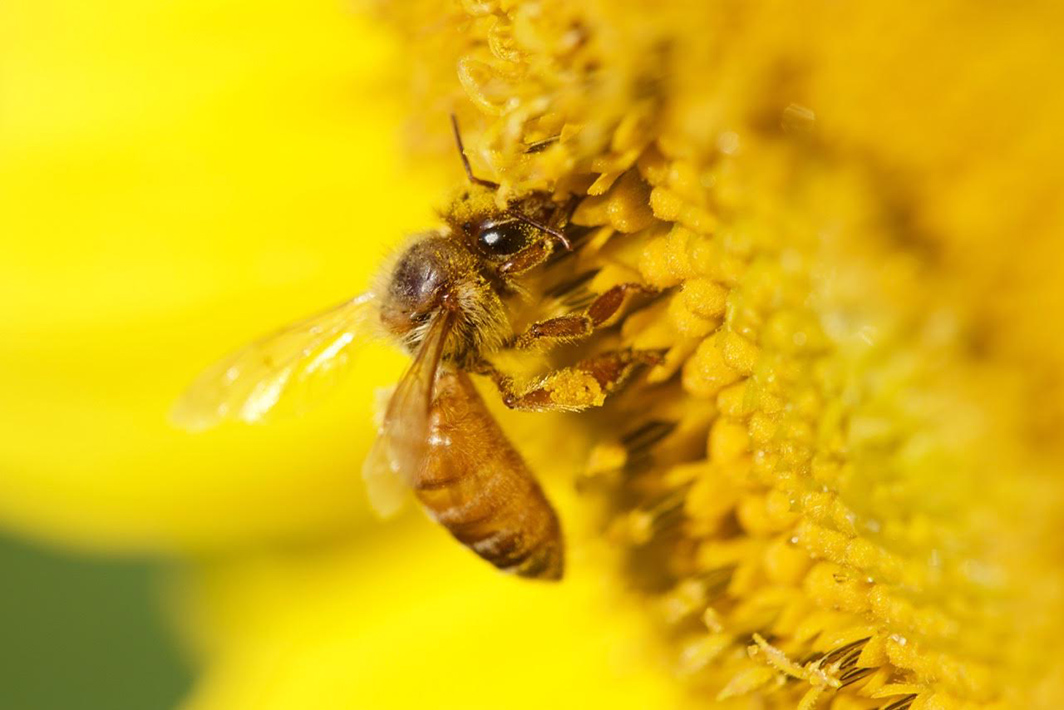
I screwed up the courage and the next morning couriered my pitch and some samples of my films and photos directly to the desk of Mark Zekulin, President of Tweed. A week later, I followed up by email and he told me he totally loved the idea and was running it up the flagpole internally. From there, things clicked into place and within a few months, I was up and running as Tweed’s first Artist-in-Residence. I’m still kind of in shock, but coping pretty well with it!
What has your day-to-day looked like with Tweed?
Basically, it’s much like any day in my career: lots of developing ideas on paper, connecting with fellow artists, editing photos and writing and answering emails from my desk at home in Montreal. But where things get a little, or a lot, more exciting, is that I now have a budget for travel to get out there and explore the world with my camera. Tweed’s support for travel and equipment too has allowed me to take the time to wander far and wide, gathering the images that have defined this residency. Some of my favourites of these shots can now be seen in my new video Ez in Res’.
I also make regular trips to shoot the gorgeous plants out at Tweed’s headquarters in the sprawling old Hershey’s chocolate factory in Smiths Falls, Ontario, which is a two-and-a-half hour drive from my place in Montreal, and at the Tweed Farms greenhouses in Niagara-on-the-Lake, Ontario.

Folks often ask if I have to live in the Tweed factory as an artist-in-residence, wondering if the words ‘in-residence’ are literal. Unfortunately, I don’t get to live amongst all those plants, but I do sing to them whenever I’m out there photographing them.
And I should note that I don’t just shoot cannabis-related images for this residency. I was firm in my original pitch to Tweed that the residency would also have me continuing to shoot my usual eclectic array of subjects. So, on any given day I’m still very much out there on the streets photographing people, cars, trees, flowers, murals, fire hydrants, alpacas in alpaca hats, and whatever candid, colourful or kooky subjects I cross paths with. That’s what I do best and love to do most. Hit the pavement and explore.

Ultimately, life is my true residency and the streets are my workshop. Tweed recognized and appreciated this and gave me carte-blanche to photograph and present whatever images I want to during the residency. Sure, they seem to like my “Macrojuana” cannabis close-up series best, but they’ve been really into my other stuff too. I’m incredibly grateful for this.


What’s been your most enjoyable experience so far?
There have been so many. During the residency, I’ve had the ability to travel to places like Nashville, New York, L.A., Boston, Phoenix, Vermont and Kingston, Jamaica, amongst others. One of the most memorable experiences I had so far was getting to meet and hang out backstage with Snoop Dogg, whose Leafs by Snoop line is sold to the Canadian market by Tweed. That one particular night was a birthday party for Snoop at a club in Toronto and he was there greeting fans and Tweed patients and I had the opportunity to photograph him there as well as at a show of his at a big amphitheatre downtown. The guy is larger-than-life but incredibly down to earth. I was really happy with how those shots came out and a few can be seen in my Ez in Res’ video too.


Were you nervous at all about pushback from society and have you ever encountered the “canna-bias” that often plagues the cannabis industry?
To be honest, I was a bit nervous about how this project would be perceived, but so far there’s been next to no pushback that I’ve heard of. What I mostly keep hearing from people I tell about the residency is that I have a ‘dream job’. This is very flattering. I take it to mean they don’t just see the job inherently as being a great one, or that they themselves would love to be doing it, but that it’s also a good fit for me. Ultimately, this is a validation of my original idea for the residency and a great compliment to me and the work I’m doing throughout the residency.
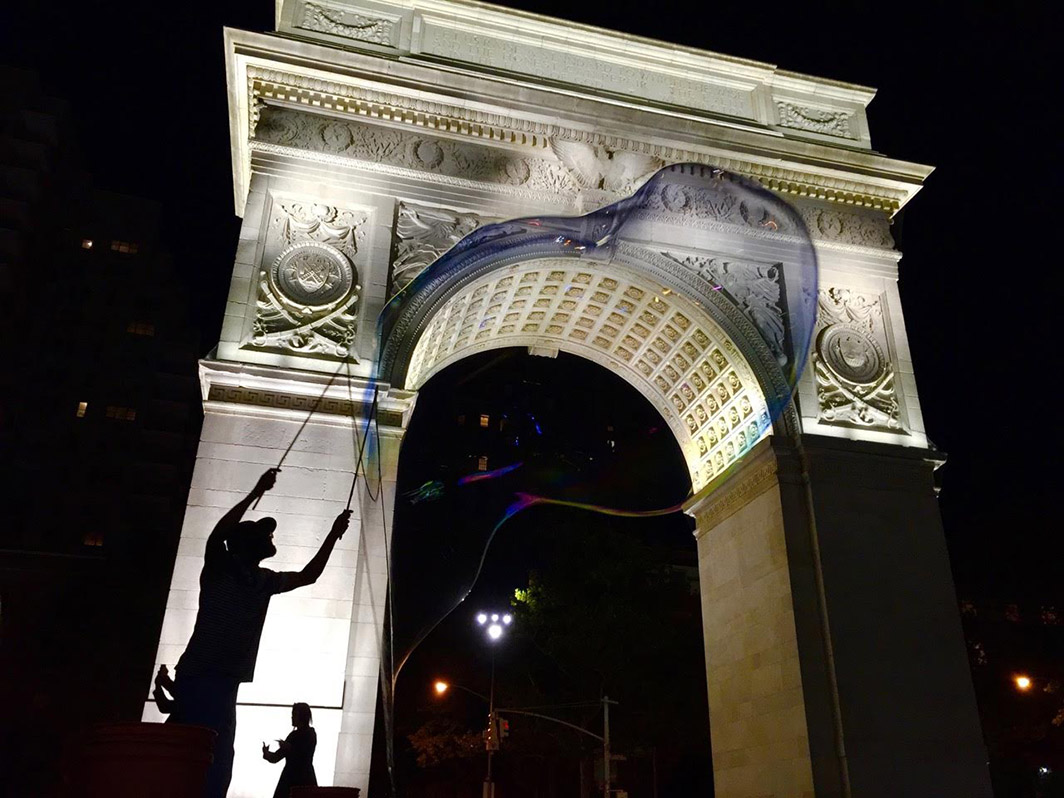
One of my prime motivations for the residency was to help further normalize the conversation about cannabis. When people tell me I have a dream job (which I can’t argue with at all) it goes a long way towards showing me that there is a place for cannabis in the world and that the arts, in turn, can have a place within the cannabis industry. This ‘three-way-street’ is what it’s all about for me: bringing the arts to cannabis and cannabis to the arts in these heady days of what I like to call the “Cannabis Big Bang.” There’s so much happening now throughout the marijuana and hemp constellation and my little artsy corner of that universe is a pretty cool place to be right now. I’ll keep beaming photos back from out here for as long as my batteries last!
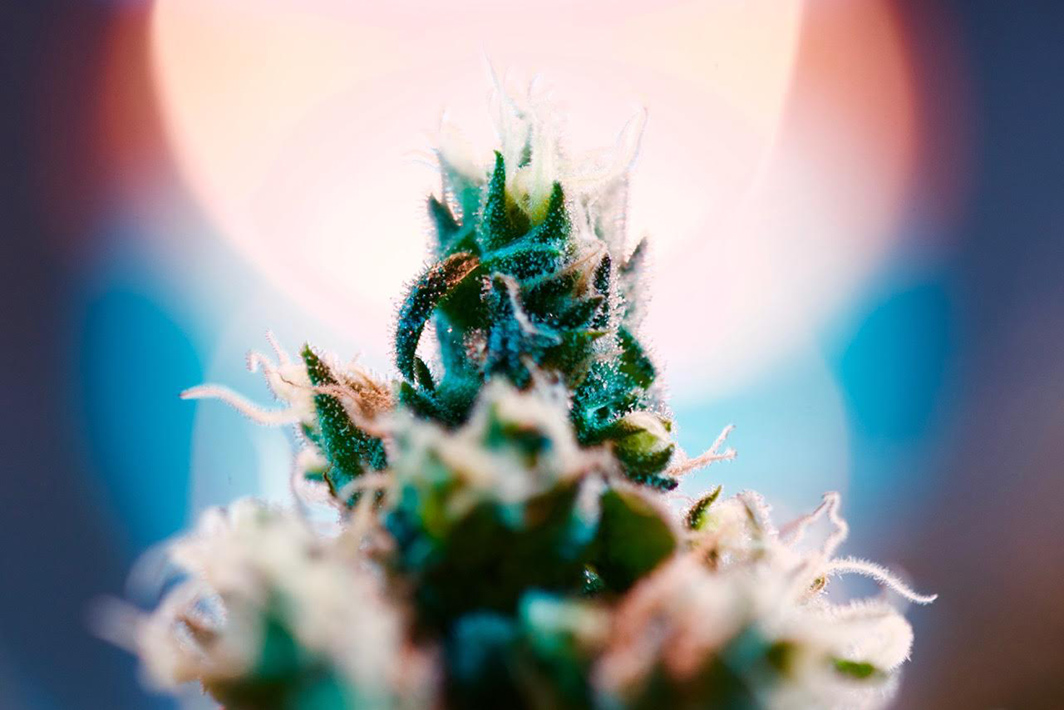
What was the most challenging moment of your residency so far?
When I was photographing down in Kingston, Jamaica, in January, I had the incredible good fortune to find myself at a garden party at Bob Marley’s kids’ house. (I know, right?) They were lovely people and very welcoming. It was surreal. When the time came for the Marleys and all at the party to head over to a big outdoor Marley Brothers concert across town in Trench Town, we all hopped into cars and vans and drove – in a speeding caravan – across town. Our driver, Blaine Dowdle, was a total pro, but had trouble actually keeping up with the Marley van, which must have been powered by some type of supercharged hemp jet fuel.

Aside from an insanely windy cliff-side bus ride I took in Peru ten years ago, where I literally made peace with the fact that my life was about to end, this crosstown Kingston dash had to be the most hair-raising drive of my life. Not losing my mind or my lunch along that ride was by far the most challenging moment of my residency so far.
What’s your hope of what might come of this residency?
I really hope that my doing this sets an example for other artists to pitch themselves to other companies, cannabis-related or not, and try to entice those companies to take on artists-in-residence of their own. Tweed really understood my message that the world, now more than ever, needs more colour and that artists are the perfect vehicle to bring this about. Their support of my work and my career is incredibly heartwarming. I’m so fortunate to have their backing. I just hope there will be opportunities for other artists to be encouraged by other companies in similar ways. Corporations can sometimes feel faceless and soulless, and projects like this one, I humbly believe, can help bring a human touch to the big picture and the bottom line. I may have been the first artist-in-residence at a cannabis company but I definitely hope I’m not the last.

Any final thoughts?
Yes… Toke it easy!
Thanks again, Ezra, for sharing your great stories and photos and for giving us a look into the life of the world’s first cannabis artist-in-residence!
To learn more about Ezra Soiferman and his work, visit www.EzraSoiferman.com. Also, for a fun and faithful representation of Ezra’s first year in residency at Tweed, check out the Ez in Res’ video on YouTube.



